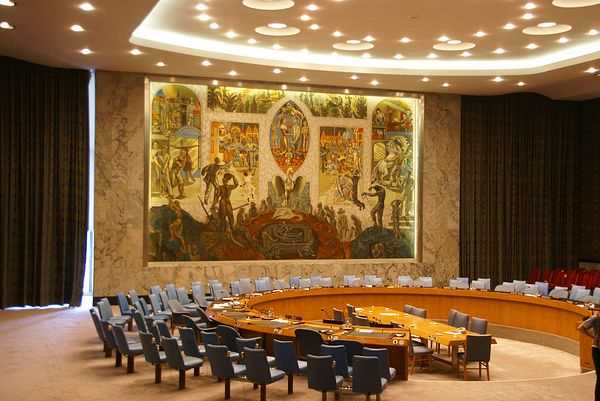China's reluctance to support India's bid for permanent membership in the United Nations Security Council (UNSC) can be attributed to several factors. These factors include historical tensions, geopolitical considerations, and concerns over regional power dynamics.
Firstly, historical tensions between China and India have played a role in China's stance. The two countries have a long-standing border dispute and have engaged in a brief but intense war in 1962. These historical grievances have created a sense of mistrust and competition between the two nations. Consequently, China may view India's bid for permanent UNSC membership as a potential threat to its own regional influence and security.

Secondly, China's geopolitical considerations factor into its decision. As a rising global power, China aims to protect its own interests and expand its influence in international affairs. By not supporting India's bid, China maintains its dominant position in Asia and avoids the risk of sharing power with another emerging power. China may also view India's potential membership as diluting its own influence within the UNSC.
Furthermore, China's concerns over regional power dynamics contribute to its opposition. China perceives itself as the primary power in Asia and seeks to maintain its strategic advantage. It may fear that granting India permanent membership in the UNSC could shift the balance of power in the region and undermine China's leadership role. China has cultivated relationships with other countries in the region, and it may worry that India's rise within the UNSC could challenge its regional partnerships.
Additionally, China may have reservations regarding India's alignment with other global powers. India has close ties with the United States and has sought to deepen its strategic partnership with other Western nations. China, as a competitor to the US and other Western powers, may perceive India's alliance-building efforts as potentially undermining its own influence within the UNSC.
It is also important to consider China's support for other countries' bids for UNSC permanent membership. China has historically been cautious about expanding the number of permanent members, as it prefers to maintain a more limited and exclusive structure. This approach allows China to exert greater influence within the current framework. Therefore, China's opposition to India's bid can also be seen as consistent with its overall stance on UNSC reforms.
In conclusion, China's opposition to India's bid for permanent membership in the UNSC can be attributed to historical tensions, geopolitical considerations, concerns over regional power dynamics, and its preference for maintaining a limited and exclusive structure within the council. While these factors shape China's stance, it is worth noting that international relations are complex, and future developments and diplomatic efforts could potentially alter China's position in the future.